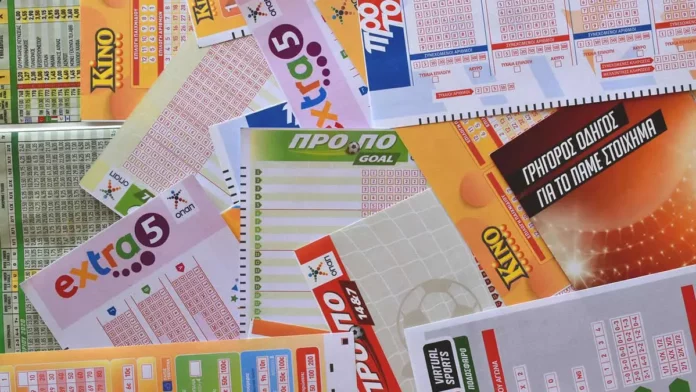Kenya’s Revenue Authority (KRA) has reported a significant increase in collections from the betting sector, following the integration of its system with betting and gaming companies. Withholding tax on winnings from betting increased by 116.9% from KES465m in December 2021 to KES1.008bn in December 2022, indicating early success for KRA’s decision to plug into the platforms of betting and gaming firms to allow real-time computation of taxes.
The KRA’s integration with the betting industry began in mid-November 2022, with a daily collection of 7.5% excise duty on stakes and a 20% withholding tax on winnings from the top six payers. The taxman has now incorporated the top 10 betting companies into its system, giving it real-time access to 16 companies in the sector, as it seeks to scale up the fight against tax cheats.
In the first six months of the current financial year, the withholding taxes on betting winnings grew by 7.2% to reach KES3.4bn. It is a clear indication of the fruitful integration between the Kenya Revenue Authority (KRA) and the betting sector, which has allowed for the real-time computation of taxes. Other tax heads including capital gains, stamp duty, the excise tax on betting services, and withholding tax on betting and gaming have also performed better than expected, according to official data. This implies that the KRA’s push to collect more revenues from the betting and gaming sector is paying off.
The taxman has identified the betting industry as a lucrative area for revenue collection and has set a high target of KES3tn for the upcoming fiscal year starting in July. In December 2022, collections from these tax heads made up 5% of the domestic tax revenue, with betting alone contributing a substantial KES35.5bn to the country’s coffers. This highlights the significant role that the betting and gaming industry plays in generating tax revenues for the government.
The real-time payments and data transmission for betting and gaming companies is a departure from the past when most taxes were paid the next month after they fell due. The KRA’s integration has allowed for daily computation of taxes, giving the taxman daily visibility of betting transactions and trends, upon which compliance measures can be taken.
While most betting companies have welcomed the move, some have argued that the taxes are too high. Despite this, the KRA is moving ahead with scaling up the fight against tax cheats in the betting industry, with real-time payments and data transmission for the rest of the companies have already commenced.
The integration of the KRA’s system with betting and gaming companies is proving to be a success, with collections from the betting industry contributing significantly to domestic tax revenue. The real-time computation of taxes has given the taxman daily visibility of betting transactions, allowing for the implementation of compliance measures to tackle tax cheats in the sector.

